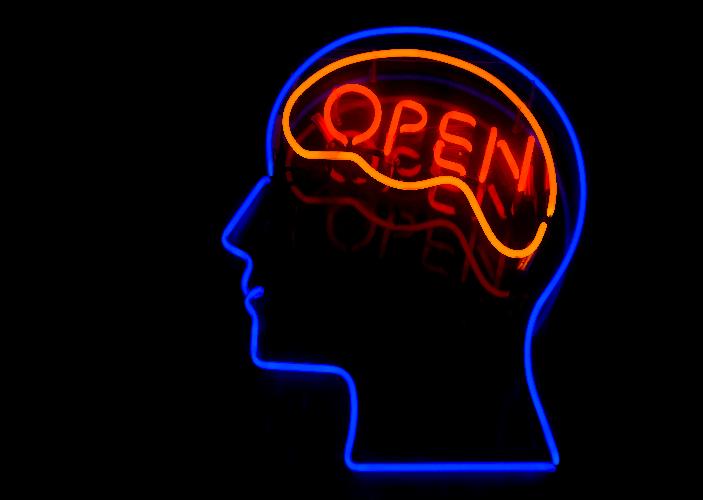In order to change, however, a change in attitude is needed. The spectrum of mental disorders, from everyday anxiety and depression to chronic schizophrenia, are not moral failings or the result of a bad upbringing or a failed personality. Mental problems all have roots in the biology of the brain. That doesn't excuse the behaviour, but it shifts the focus of responsibility. This understanding can be extremely liberating. Simply, lifting the burden of blame and shame can be a major first step toward a cure.
Although for some, focusing on ‘ordinary' measures like exercise and diet might sound too simplistic to affect unordinary behaviour, the evidence from physical and social science shows how powerful such universal factors can be in affecting the brain-body system. A scientist Edward Lorenz called this the butterfly effect - even the tiny flap of a butterfly's wing on one side of the world could potentially build to a hurricane on the other.
Scientists call this small change that can precipitate a large effect a ‘tipping point. At some critical juncture, an isolated change tips the whole system in a different direction. Take a jar of water, cool it and cool it, and it remains water down to 35 degrees, then 34, then 33. But reduce the temperature by one degree more and suddenly the water turns to ice. The temperature was consistently reduced, but the whole system suddenly changed at one point.
When it comes to the human brain, a small and seemingly insignificant action may lead to the successful treatment of a disorder. Perhaps a lonely, depressed woman decides to go for a walk one day. Then she starts walking three times a week. Then one day she tries running for a while. Then she begins to run even more often. She soon notices that she sleeps, eats and even looks better. That isolated first walk may have started a sustained chain of events that are now building toward improving the woman's self-esteem and increasing her energy. One day, feeling physically and mentally stronger, the woman finds a new job. She begins to make friends, starts to laugh and turns her life around.
There are many tools right at our fingertips for changing our mental health, both in correcting our problems and simply in becoming the kind of person we want to be. One of them is physical exercise.
Everyone knows that exercise is good for us and it not only improves the body but also has a positive effect on our mental health. Different types of exercise seem to have different effects on our mental health. However, they all increase the three vital neurotransmitters - serotonin, dopamine and norepinephrine - which help with mood regulation, anxiety control, and the ability to handle stress and aggression and to become more attentive and social.
Routine physical activity may also help us solve problems we're stuck on. When we start moving, we activate the brain, which can help us in many undefined ways. Many people claim they do their best thinking or come up with their most creative ideas while walking or jogging. The reason is that the primary motor cortex, basal ganglia, and cerebellum, which coordinate physical movement, also coordinate the movement of thought.
So to improve our brains we have to move our bodies, take action, and get going, and sometimes that can be the hardest thing. Hypnotherapy is a great place to start. To promote health and well-being, we must help our brain rest. One way to accomplish this is through hypnosis. Hypnosis is a focused awareness where thoughts, feelings and perceptions are observed and then put aside. Judgment is suspended and attention is paid only to the object of hypnosis. Gradually, the mind becomes quiet and deeper levels of awareness are reached. This is where profound change starts to happen.

